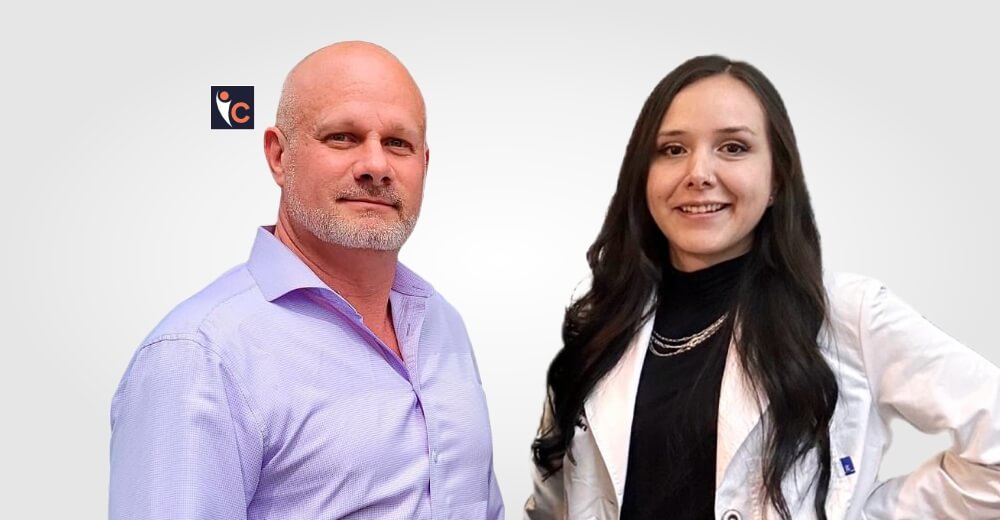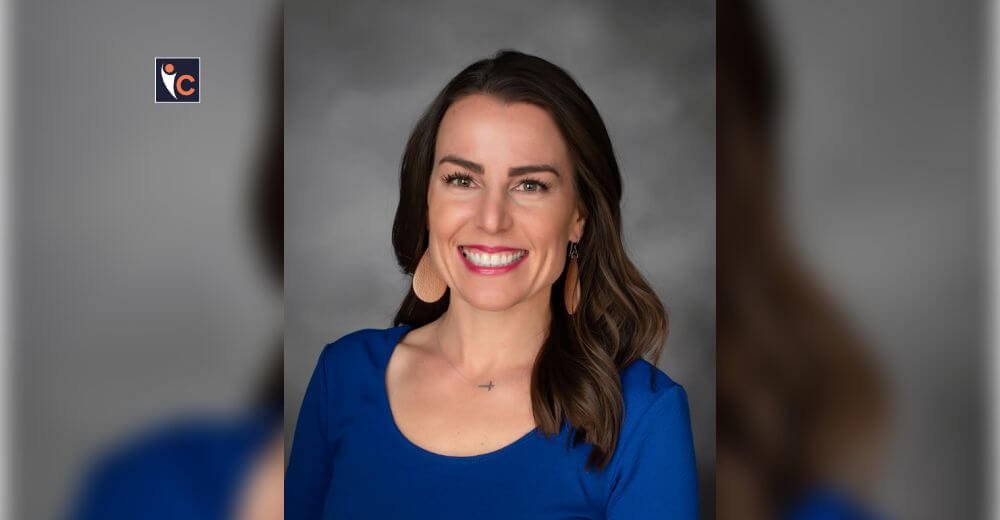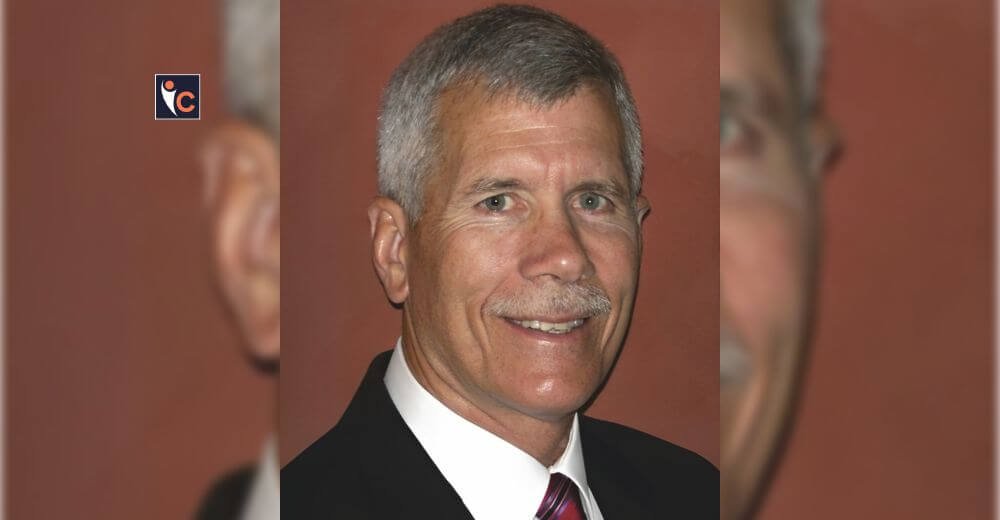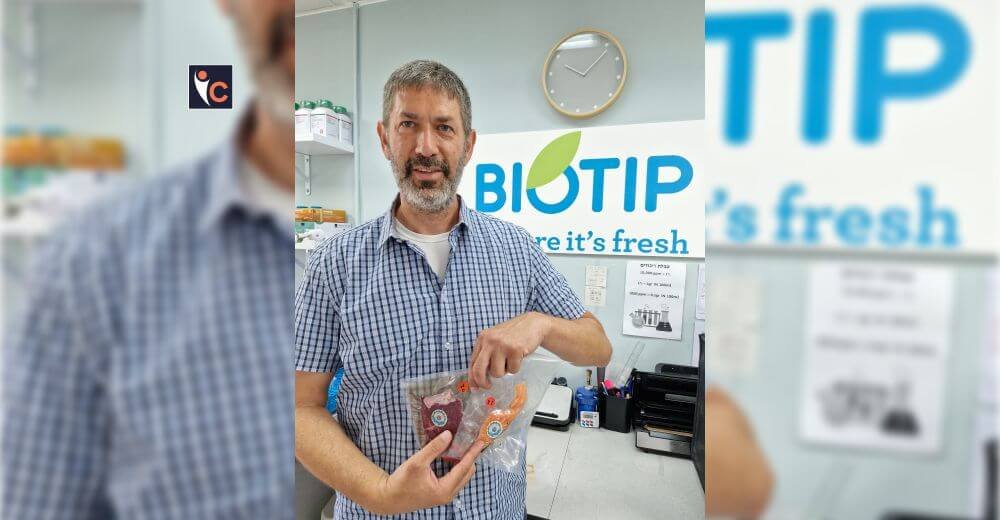Repairing damaged organs, not just managing symptoms – this is the promise of regenerative medicine, a field rapidly transforming healthcare. Specialized clinics in this field are providing revolutionary treatments that are more readily available to patients globally. Trinity Stem Cells, operating in Mexico and Colombia, is a leader in this field. Led by CEO John Foxworth, Co-founder Silvia Romero, and Medical Director Dr. Paola Aguilera, the clinic excels in cellular therapies using Wharton’s Jelly-derived mesenchymal stem cells and exosomes. Their approach combines rigorous scientific methods with personalized, compassionate care, setting new standards in regenerative medicine.
To explore how Trinity Stem Cells is revolutionizing patient care with innovative therapies, read our comprehensive interview with their leadership team below!
Can you briefly introduce yourself and your role within the regenerative medicine clinic?
We are John Foxworth, CEO; Silvia Romero, co-founder; and Dr. Paola Aguilera, Medical Director of Trinity Stem Cells. We currently have clinics in different parts of both Mexico and Colombia.
What inspired you to pursue a career in regenerative medicine, and how did you become involved with this particular clinic?
Dr Aguilera: When I was in college and during my medical studies, the use of stem cells as a modality in patient treatment was presented in a very cursory fashion. Once I started digging deeper into it and studying more, I really began to realize that this, is in fact, the future of medicine. Once I saw how Trinity Stem Cells carefully managed every single detail of patient care, from establishing patient specific treatment protocols, to patient treatments and patient follow up, I knew it was a great company to work with.
Can you provide an overview of the regenerative medicine services and treatments offered at your clinic?
Dr Aguilera: At Trinity, we specialize in cellular therapies. We mainly use Wharton’s Jelly umbilical cord derived Mesenchymal Stem Cells, as well as exosomes derived from the same cells, and sometimes incorporating NK cells. These therapies and our treatment protocols target the immune system and inflammation in general; which is something that is affected in a large percentage of conditions presented to us by patients.
What sets your clinic apart from others in the field of regenerative medicine?
John Foxworth: We at Trinity pride ourselves on patient transparency and with keeping our patients fully informed. This is a relatively new treatment and because of this, we have established a culture as part of Trinity where we feel it is extremely important to explain every single step of the process to our patients and providing as much information as possible so that, in the end, our patients have absolutely no questions before their procedure day arrives.
Most of our patients are not from Mexico or Colombia, so we also understand that a patient traveling to a foreign country for medical treatment can feel very stressful situation. Our goal is to alleviate that stress through transparency and providing true and accurate information in all aspects of the process. Many of our patients are arriving in a country where they do not speak the language, food is different, culture is different, etc.; so, we try to really to provide our patients with recommendations to help make their stay and treatment process as smooth as possible.
How do you ensure that patients receive personalized and compassionate care throughout their treatment process?
Silvia Romero: Part of our established Trinity process is to actually speak with and communicate with our patients before establishing a protocol. We really want to know the medical history, current diagnosis, conditions, age, body weight and symptoms of each patient. All of our treatment protocols are established using published medical studies.
Another part of our established Trinity patient treatment protocols is that we refuse to take risks without patients medical treatments. Our duty is first, and foremost, to the safety and wellbeing of our patients. We treat each and every patient the way we, ourselves, would want another doctor to treat us.
What are some of the latest advancements or breakthroughs in regenerative medicine t hat your clinic is exploring or implementing?
Dr Aguilera: We are constantly updating our protocols based on newly published studies. Right now, there is a boom of popularity in the medical community with Extracellular vesicles (exosomes), so that is why we try to implement it in all our protocols. Also, NK cells are a very interesting option for treatment for some types of cancer.
What are some of the challenges or obstacles faced in the field of regenerative medicine, and how is your clinic working to overcome them?
John Foxworth: I would say that we have two main obstacles. Our first main obstacle is related to the clinic’s medical aspect and the second is the business aspect. In our case, by working with living organisms, one of the main obstacles is to provide the highest and best quality of treatment for our patients. This is why we have to be very precise with timing of treatment appointments and we only schedule a few patients a day. We do all of this to avoid any delays that could compromise the quality of the products we will administer and transplant into to the patient.
With regard to the business aspect, cellular medicine is a relatively new treatment and patient therapy option. Because this is all so new, the efforts and research necessary, along with the equipment and personnel needed to individualize therapies for each patient, makes them expensive. This, along with all the economic changes in the world, push us to try to update our prices constantly so that it impacts our patients the least we can. Our goal at Trinity has always been to price our therapies in a way that even the average person can afford treatment therapies. We want the whole world to have the opportunity to receive the amazing benefits of high end molecular and cellular therapies.
For individuals considering regenerative medicine treatments, what advice or recommendations would you offer them?
Silvia Romero: The first one would be to check their licensing. Even though this is a treatment approved in many countries, not every doctor or clinic has done what it takes to obtain a regenerative medicine license. The second one would be not to trust someone who gives you treatment protocols without a consultation first. Lastly, the most expensive is not always the best. Clinics like ours strive to work on a very low profit margin in an effort to offer our treatments to as many people as possible.
Read More: Click Here










